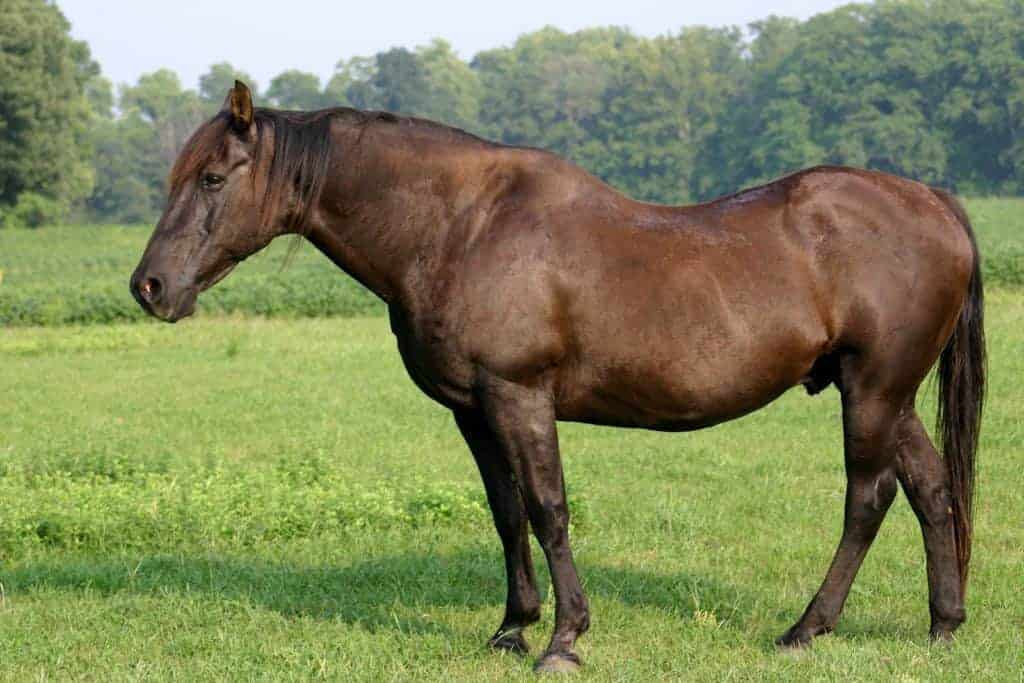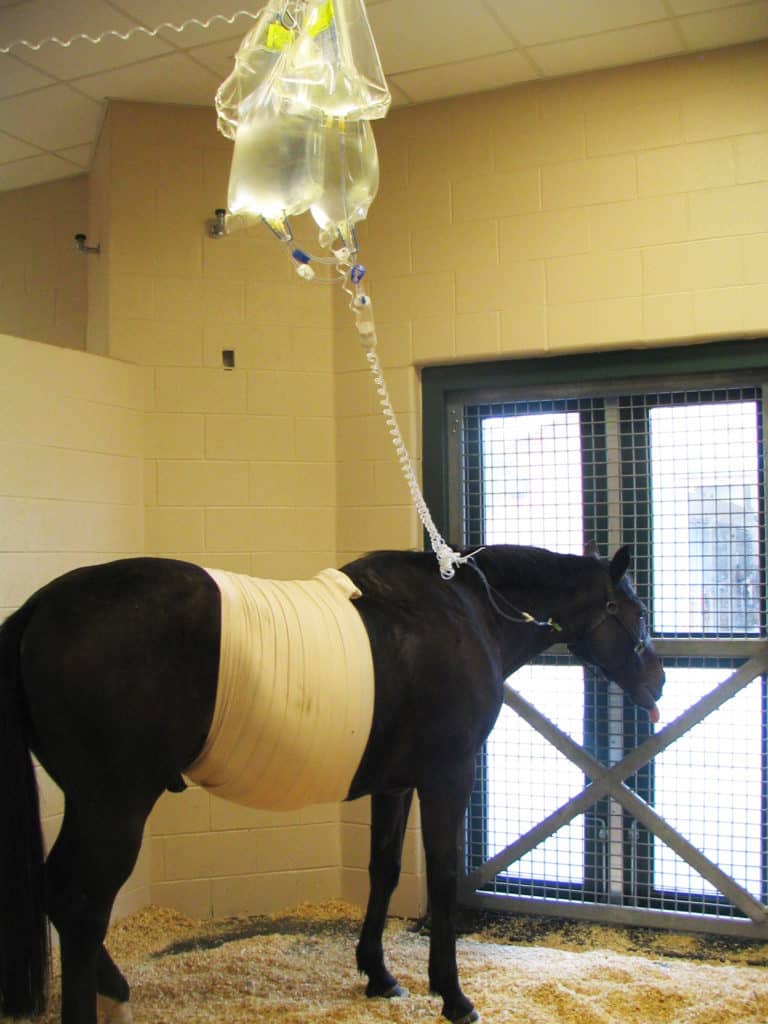
TheHorse.com’s Top Podcasts of 2018
Listen to audio features on equine metabolic issues, colic, hoof abscesses, parasite control, navicular syndrome, and more.

Listen to audio features on equine metabolic issues, colic, hoof abscesses, parasite control, navicular syndrome, and more.

Find information on stress in horses, antibiotic use, scratches, conditioning, equine allergies, and more.

While researchers have discovered much about EMS over the years, there’s still more to learn not only about the link between obesity, insulin, and laminitis but also how to manage animals to help prevent them from becoming obese and/or developing insulin dysregulation.

Knowing elimination risk factors can help veterinarians, riders, and trainers make informed decisions to safeguard endurance horse welfare, researchers say.

A high-fat, high-fiber “museli” mix appeared to supply sports ponies with enough energy to perform well and maintain body condition while reducing blood glucose levels after meals, potentially reducing their risk of metabolic disorders.

Skin problems were the most common general disease reported (33% of all syndromes recorded) and nonhoof-related lower limb lameness was the most common individual issue reported (18.5% of all syndromes recorded).

Equine researchers have begun studying the concept of whole-body inflammation because of its links to a variety of health problems, including “leaky gut syndrome”; musculoskeletal injury risk; and equine metabolic syndrome, insulin resistance, and laminitis.

Researchers found that very ill horses with high glucose and insulin levels were more likely to survive, while those with high glucose but low insulin were more likely to die.

Researchers had hypothesized that haylage would produce a lower insulin response than hay, as the sugar in haylage is partially fermented and could result in a less-pronounced insulin response.

The ill-fated WEG endurance competition was abandoned amid delays, disruptions, and dangerous heat. Here’s a look back at what went wrong.

We must consider the breeds of our horses and ponies when planning their diets. Here’s a look at what we currently know about feeding major equid categories and where we’re heading.

Caring for the older horse can require special attention to his needs. Download this free guide to find out what health issues to watch for and how to keep your senior horse happy and healthy.

Practitioners must use clinical signs and laboratory testing to distinguish between these sometimes similar ailments.

Our nutritionist helps a reader make sense of horse feeds advertised as low-sugar, low-starch, lite, and more.

From reducing PPID-associated muscle wasting to managing IR and obesity, here’s what to consider for your old horse.

The earlier you can detect endocrine conditions such as PPID and EMS, the better chance you have of preventing associated laminitis in affected horses.
Stay on top of the most recent Horse Health news with
"*" indicates required fields